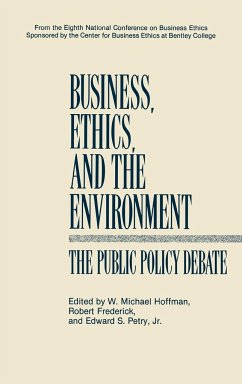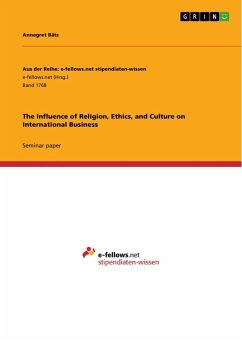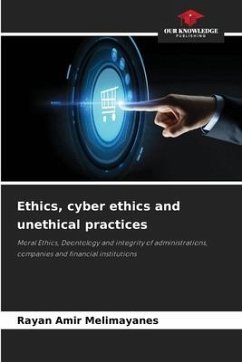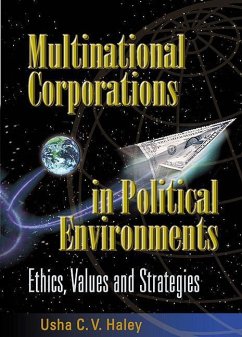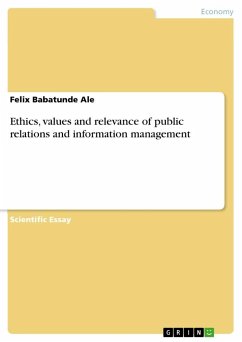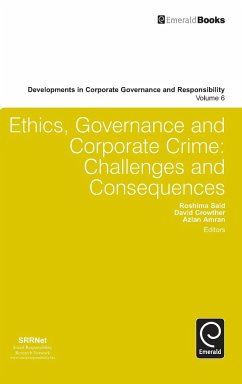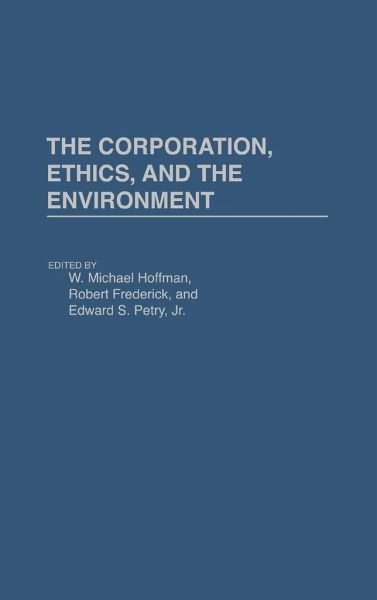
The Corporation, Ethics, and the Environment
Versandkostenfrei!
Versandfertig in 1-2 Wochen
88,99 €
inkl. MwSt.

PAYBACK Punkte
44 °P sammeln!
For the past few years, a growing chorus of concern has been raised over the way humanity is mistreating the earth and its environment. Animosity has traditionally existed between environmental advocates and those they perceive as the enemy--the business community--as evidenced by a recent survey that showed that 75 percent of Americans believe business has a definite responsibility to reduce pollution. But business has also not always been recognized for what it has done for the environment. This volume seeks to address those issues, as well as the extent of the corporate world's ethical resp...
For the past few years, a growing chorus of concern has been raised over the way humanity is mistreating the earth and its environment. Animosity has traditionally existed between environmental advocates and those they perceive as the enemy--the business community--as evidenced by a recent survey that showed that 75 percent of Americans believe business has a definite responsibility to reduce pollution. But business has also not always been recognized for what it has done for the environment. This volume seeks to address those issues, as well as the extent of the corporate world's ethical responsibility for cleaning up the environment. The book focuses on the role of corporations and businesses in protecting the environment, utilizing studies of previous cases and crises as well as strategies and methods for future corporate conduct. The work begins with a foreword by Gregory H. Adamian, an introduction by Robert Frederick, and collected essays in four main subject groups. The first section provides an overview of the topic of business, ethics, and the environment, treating such issues as the ethical dilemmas of hazardous waste, the corporate commitment to the environment, and the corporation's environmental conscience. Section two presents a series of cases and analyses, including the Exxon Valdez crisis and the Union Carbide Bhopal gas incident, while section three probes corporate strategies such as the development and implementation of industry-wide codes of practice. Finally, section four looks to the future of and new approaches to business and environmental problems, considering the need to move environmental issues into the business school and to retool cultures for an ecologically sound future. As a companion to Business, Ethics, and the Environment this volume is an important resource for courses in business, public policy, and environmental issues, as well as a useful addition to business, academic, and public libraries.



